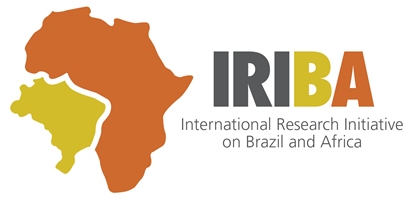FINDINGS: Heterogeneity in Bolsa Família outcomes
As presented at our 2016 Rio de Janeiro findings workshop by IRIBA co-lead researcher Armando Barrientos. Listen now:
Social policy and inclusive growth in Brazil
Inclusive growth doesn’t come out of nowhere. IRIBA’s Professor Armando Barrientos explains the ways in which socially-oriented policy decisions led to economic growth that primarily helped to increase the incomes and wellbeing of Brazil’s poorest, rather than that o
November 18, 2016
Comments are off
Q&A: Luis Paiva on the success and future of Bolsa Família
Brazil’s Bolsa Família programme has been credited with helping to significantly reduce levels of absolute poverty and inequality in Brazil. Started in 2003, and funded by less than 0.5% of the country’s GDP, it now facilitates small cash transfers to 46 million Brazilians
Brazil: through the eyes of favela dwellers and government ministers
For the Brazilian minister for Social Development, Tereza Campello, ‘teaching a man to fish’ is only part of the story. You also need to show him the way to the river and if he’s too hungry to fish in the first place – just give him some of your fish! Campello’s impassioned take
Can the next Brazilian president put the country back on the path to prosperity?
This morning in the Guardian, IRIBA co-research director Ed Amann gives his take on the anti-poverty agenda facing Brazil’s presidential candidates. This is a year of important anniversaries for Brazil. It is 10 years since the launch of the celebrated Bolsa Família anti-poverty
Brazil commits to a world without poverty
Professor Armando Barrientos, IRIBA co-research director Last month, the Ministry of Social Development (MDS) in Brazil launched Mundo sem Miséria (World Without Poverty), a new platform to share lessons among low and middle income countries. Mundo sem Miséria forms part of the curren
This is progress
Brazil (like pretty much every country) isn’t without its problems. But it has made big progress – particularly when you take a slightly longer term view. It’s a country that has taken 22 million people out of poverty since 2003. A key factor in achieving this has been a r
© IRIBA 2014 | All rights reserved I Google+
Hosted by The Brooks World Poverty Institute
